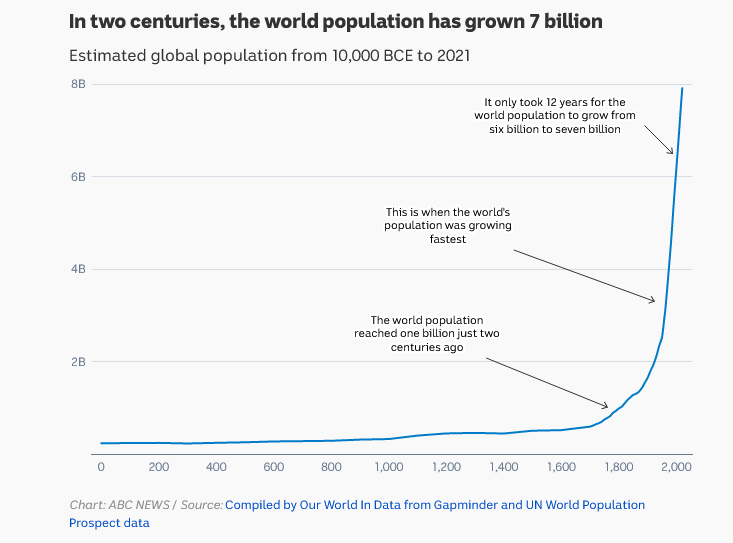It’s amazing the extent to which people can look at the same data and draw radically different conclusions. In a sense, I suppose, it’s the old story of a glass being half full or half empty, but it’s also playing Russian Roulette with your health.
China is heavily criticized for what is seen as an “extreme” approach to Covid and other infectious diseases, with lockdowns of large cities to prevent spread. To the extent that Americans are aware of what happens in other countries, and many aren’t, China is seen as an outlier. It’s not.
Triggered by the G20 meetings in Indonesia this week, Medscape has provided a summary of the approach to disease taken by each of the G20 countries.(1) My request is that you scan the summary, excerpts of which are below, and then think about what is best for yourself. Not what the media is saying, not what the politicians are saying, but what you really should do to take care of yourself.
- China maintains among the world’s most stringent COVID restrictions but on Friday eased some measures, including shortening quarantines for close contacts of infected people and for inbound travellers and removing a penalty for airlines for bringing in too many cases.
- In Japan, most people on the streets continue to wear face masks, despite the government advising that they can discontinue doing so outside. Most public venues and transportation still ask people to wear a face mask.
- Nearly all COVID rules in the United States have been relaxed and recommendations by the U.S. Centers for Disease Control have eased suggested measures. U.S. states and major cities no longer require masks to be worn in transit hubs. There are few requirements remaining for people to show proof of vaccination or negative tests but with some exceptions for schools, universities and health care workers.
- Germany: All major restrictions, including work from home requirements, expired on March 20, though wearing medical-grade masks on public transportation and long-distance trains is still required.
- Argentina, among the countries with the most deaths per capita in the world, along with its Latin American neighbors, has loosened strict border controls, allowed more commercial activities and lifted outdoor mask mandate, although it recommends their use in indoor settings.
- South Africa which has recorded the most coronavirus cases and deaths on the African continent, said it June it has repealed COVID-19 rules that made masks mandatory in indoor public spaces, limited the size of gatherings and imposed entry requirements at its borders.
- India relaxed its rules on testing, quarantine and hospital admissions in January to free up resources for its neediest people, but still recommends social distancing, hand washing and mask wearing. Rules on masks vary between states.
- Turkey: Health officials in March said the fight against the disease will be at an individual level rather than society-wide and people without symptoms would not be tested.
Outside of Asia, most governments have relaxed the rules due to political pressure. Medically was that the right thing to do? Or was it an act of collective suicide?
The relaxation of health measures is perfectly timed with the oncoming “perfect storm” of more serious influenza (flu) and respiratory syncytial virus (RSV). In the US, these are striking earlier and more intensely than in past years.(2) In past years, RSV has appeared gradually on a region-by-region basis. This year, it’s hitting the entire US at the same time.
“Now you kind of have the perfect storm. It’s not a good situation for COVID with the variants that are emerging. For influenza, not having seen a lot of influenza the last 2 years, we’re probably more susceptible to getting infected.”
Peter Chin-Hong, MD, professor in the University of California, San Francisco, Health Division of Infectious Diseases(2)
Experts are expecting a resurgence of COVID this year driven by new variants. However, COVID thus far is lagging the other two diseases in terms of spread.
Let’s put this in context — and the context is rather dramatic.
According to an analysis by Australian Broadcasting, there are more babies alive at this moment in time than at any time in the past — and at any time in the future.(3) The number of humans has reached 8 billion, and will eventually tip over to decline. In some countries, this has already started.
Bulgaria, Lithuania, Latvia, Serbia and Ukraine have sustained at net loss of population of 1% or more in the last 12 months. Going forward, this trend will spread to other countries. Birthrates across major countries are already below the level required to sustain the existing population numbers — including in countries like the US, China and Russia.
A UN model of world population growth shows humans topping out at 10.7 billion in 2080 and then declining after that. Other models show world human population topping out in 2050, with a steeper decline.
Most of those models do not consider a major pandemic, one that is much deadlier than we have seen in the last 500 years. Instead they see a tilting of societies toward an older population, with more people beyond working ages supported by fewer able to work.
However, a more aggressive form of RSV that kills infants and the elderly, for example, could produce a drastically different result.
There is no economic system or for that matter tax system that is designed to cope with rapid shrinkage.

Sources:
- https://www.medscape.com/viewarticle/984032?src=WNL_dne6_221116_MSCPEDIT&uac=446438BR&impID=4874637#vp_1
- https://www.medscape.com/viewarticle/984084?src=WNL_dne1_221116_MSCPEDIT&uac=446438BR&impID=4874637
- https://www.abc.net.au/news/2022-11-13/earths-population-reaches-eight-billion-people/101643854?utm_medium=email&utm_source=pocket_hits&utm_campaign=POCKET_HITS-EN-DAILY-RECS-2022_11_16&sponsored=0&position=1&scheduled_corpus_item_id=b92cb5ed-8539-4ba9-935c-f090739ba1e8?utm_medium=email&utm_source=pocket_hits&utm_campaign=POCKET_HITS-EN-DAILY-RECS-2022_11_16&sponsored=0
Reblogged this on Ned Hamson's Second Line View of the News.
LikeLiked by 1 person
I am temped to just give up and let the stupids win but I am too stubborn for that and I want to live…
LikeLiked by 1 person
Stupids don’t win, just take the rest of us down
LikeLiked by 1 person